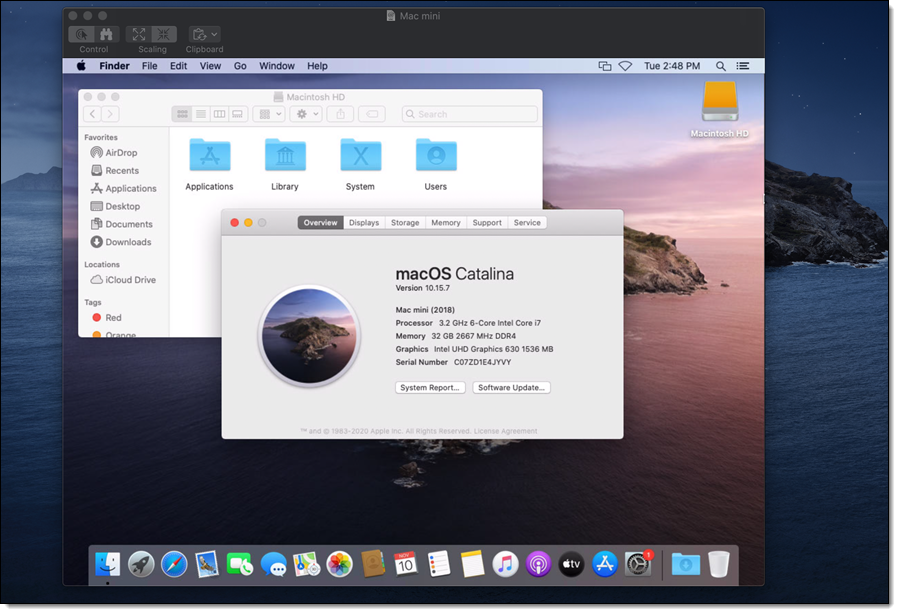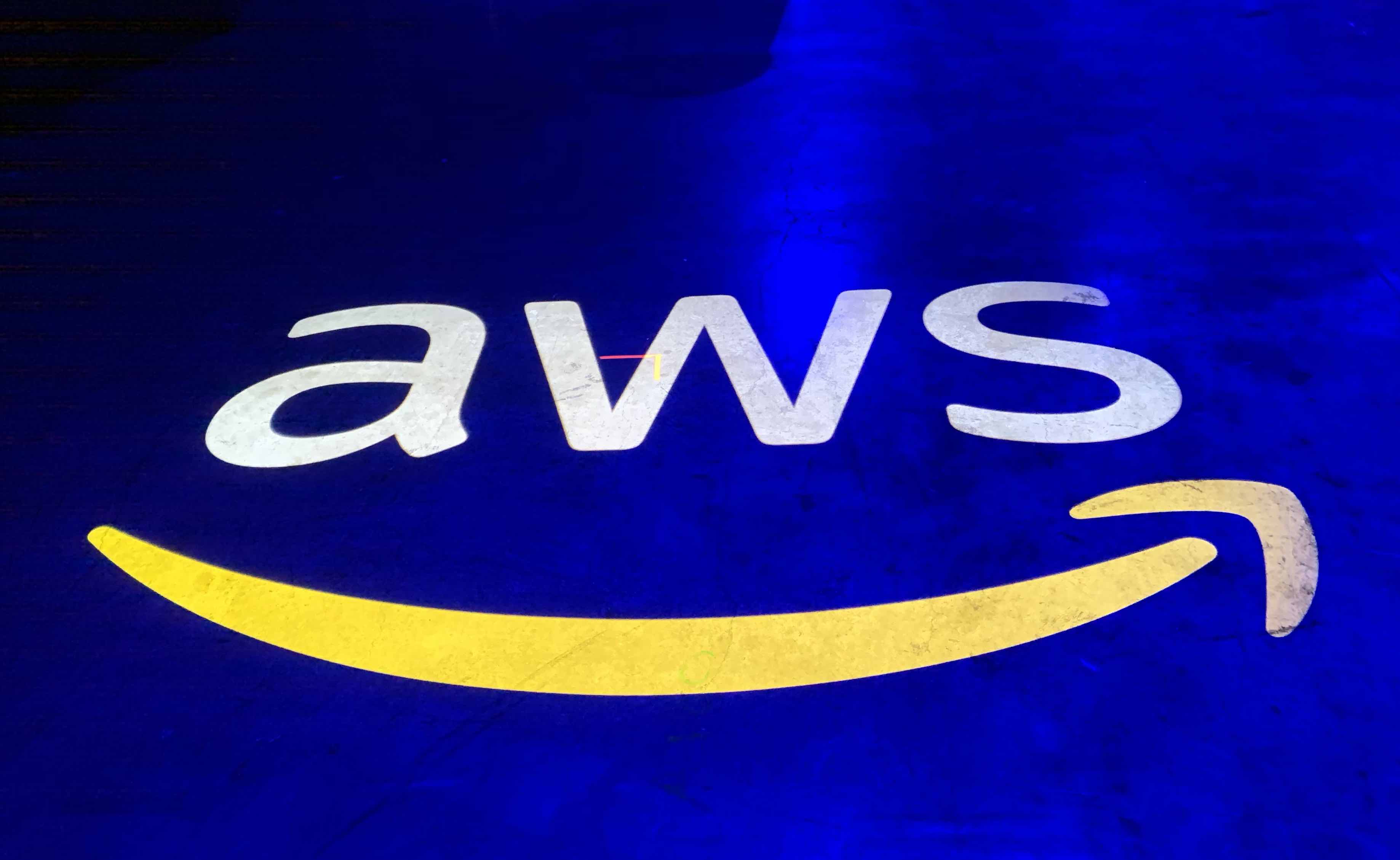Food delivery apps have been a big deal this year for consumers stuck at home and unable (or unwilling) to go to restaurants or grocery stores; and for investors who are eyeing the opportunity to back rising stars to help them grow.
Today came the latest development in that story: HungryPanda, which makes a Mandarin-language app specifically targeting Chinese consumers outside of China, has raised $70 million to continue its global expansion in delivering food from Chinese restaurants and Asian grocery stores targeting the Chinese diaspora.
Estimates put the number of Chinese people living abroad (counting students and first-generation immigrants, and counting those living outside of the Mainland, Taiwan, Hong Kong and Macau) at around 50 million, with most of them concentrated in other Asian countries, so that is a specific target for the startup. Longer term, there are tens of millions more people if you consider second-, third- and further generations of people, although that will likely see big changes to the app, including introducing other languages.
The funding comes on the back of a surge of usage of HungryPanda. It is now live in 47 cities (versus 31 in February of this year) across Australia, Canada, France, New Zealand, the UK — where it is was founded. Growing some 30-fold in the last three years, HungryPanda’s CEO and founder Eric Liu said in an interview that it is already profitable in its earliest markets in the UK, as well as in New York City, and is safely en route to getting into the black in other locations, too.
The Series C is being led by Kinnevik (a prolific backer of e-commerce startups), with participation also from 83North and Felix Capital (which backed HungryPanda in its last round of $20 million earlier this year), and Piton Capital and Burda Principal Investment.
HungryPanda is not disclosing its valuation right now, but it’s notable that most of its four-year life has been spent bootstrapped — it has raised only $90 million to date, all of it this year.
Food apps have come into their own this year. Already popular with consumers who like the convenience of using a phone or website to browse and order food to be brought to their door, during the Covid-19 pandemic, many services were stretched to capacity in cities where people were being ordered to shelter in place and restaurants were closed.
E-marketer estimates that in the US alone, usage went up by more than 25%. It all still came at a cost, though. For example, the increased measures that needed to be taken to ensure social distancing meant higher costs for the companies, which are often already stretched in their unit economics.
In that sea of apps, however, you might be hard-pressed to distinguish one from another. At one point in the UK, for example, even the delivery bags and logos of two big rivals, Deliveroo and Uber Eats, looked the same.
HungryPanda is a very different bird compared to these. For starters, the whole app is in Mandarin. And it focuses primarily (in most cases, only) on Chinese food. If you want pizza or a burger, or if you want to read the menu in English, go somewhere else.
The app was founded four years ago by Liu, who was an international student in computer science student at the University of Nottingham. Coming over from China, even though there are indeed a number of Chinese restaurants in the city, he and other Chinese students found it nearly impossible to order from them.
The reasons? All of the menus were in English, and the names of dishes, as they were translated, had no meaning for them; and in any case they were all essentially filtered and altered for local (read: British) palates. This was a bigger deal than it might be for some: Chinese people prefer to eat “traditional” food, said Liu, and they take the business of eating very seriously.
His solution was to build an app that provided all the information to students like him in a format that they could actually use, including items that typically might only be offered on side menus to Chinese customers in Mandarin, if at all.
What’s interesting is that while food delivery unit economics can be very challenging in a sprawling city, the same does not apply typically to HungryPanda. Typically, at a company like Deliveroo, the rule of thumb has been to be slightly above two deliveries per hour per driver to make that hour profitable. That is not always possible, however, in the real world. (And that’s before counting all of the other costs around marketing, and so on.)
HungryPanda, however, was delivering to students who were in dormitories, and often ordering in groups to eat “family style”. It meant that HungryPanda was mitigating a lot of the typical unit economics, said Antoine Nussenbaum, the co-founder of Felix Capital.
“This made the efficiency of delivering much higher,” he added.
The same has gone for grocery delivery. Panwen Chen, the global VP of strategy and an early employee of the company, was also a student at Nottingham and said, considering that even students don’t want to eat out all that time, getting groceries was next to impossible for him and others like him.
“I didn’t have a car, and so getting to the Chinese grocery in Nottingham meant taking two buses or 50-60 minute walk,” he said. “Before you know it, you’re struggling with very heavy bags of groceries. It’s not a nice experience. We then started working with groceries, and what we found was that with food delivery we already had the infrastructure, so it was a natural extension of what we do, especially since the community was the same. That helped us to understand also what they wanted.”
He added that takeaway ready-made food is still majority of the startup’s business, both growing very fast.
Loading in one, then two functions into the app sets up HungryPanda for how it might grow further in the future. Asia has been a pioneer on that front, with apps like WeChat, and more specifically those focused around delivery services like Grab, really carving out a place for themselves as “super apps,” providing users with a vast array of services beyond the core, original purpose of those apps.
Consumers and businesses in the wider network are accustomed to the existence of “super apps”, and they are well-used. In a world where some of the homegrown Chinese apps have found it harder to break into international markets (and in some cases like the USA, they may be downright challenged to do so) this gives HungryPanda, which is a UK app, an interesting position, potentially as a partner or as a strong competitor in those markets.
Indeed it already provides a wide range of offers to users from partner organizations, which stretch well beyond basic food ordering.
HungryPanda started for Liu as a side project to school, and his plan was to go on to the London School of Economics for post-graduate work after getting his Nottingham degree. The business took off, though, and so he deferred for two years. Last year, he got the reminder from the LSE to nudge him on what happens next, and he said he ended up deferring indefinitely for now.
“I feel it’s been not just a good experience for me, but for the Chinese community that uses us,” he said. He now lives in New York City, building the business in the US.
via
Tingle Tech






















